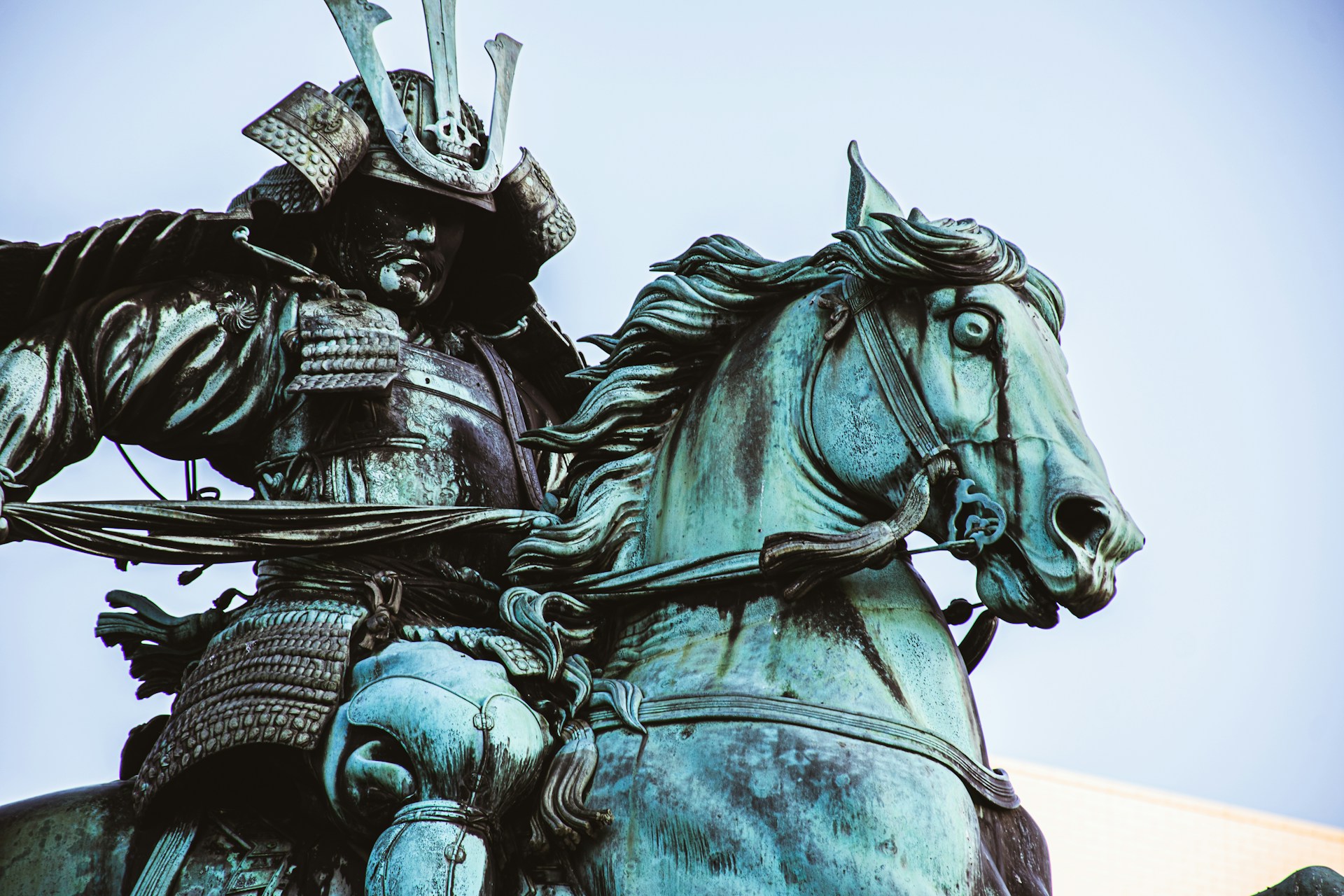In the annals of history, few figures evoke as much fascination and admiration as the samurai. These legendary warriors of feudal Japan, with their code of honor, unwavering loyalty, and unparalleled martial prowess, stand as symbols of courage, discipline, and tradition. As we delve into the rich tapestry of samurai culture and history, we uncover a legacy that continues to captivate and inspire people around the world.
The term “samurai” originates from the Japanese word “bushi,” which refers to a military noble class that emerged during the tumultuous Heian period (794-1185). Initially serving as guards and protectors of the imperial court, the samurai later evolved into a dominant social and military force, wielding immense power and influence over Japanese society.
Central to the identity of the samurai is the Bushido, or “Way of the Warrior,” a code of conduct that governed every aspect of their lives. Rooted in Confucian and Buddhist principles, Bushido emphasized virtues such as loyalty, integrity, self-discipline, and respect for honor and duty. For the samurai, Bushido was not merely a set of rules to follow but a way of life, guiding their actions on and off the battlefield.
At the heart of the samurai ethos is the concept of loyalty, known as “giri” or “chugi,” which dictated unwavering allegiance to one’s lord, even at the cost of one’s own life. Samurai were bound by a sacred duty to serve and protect their masters with absolute devotion, regardless of the personal sacrifices required. This sense of loyalty forged deep bonds between warrior and their lords, creating a hierarchical system of reciprocal obligations and responsibilities.

Martial prowess was another hallmark of the samurai, who trained rigorously in the art of war from a young age. Mastery of various weapons, including the sword, spear, and bow, was essential for samurai warriors, who honed their skills through rigorous training and combat experience. The katana, or warrior sword, holds a special place in Japanese culture, symbolizing the honor, skill, and discipline of the warrior class.
However, the role of the samurai extended beyond mere military prowess. Samurai were also expected to cultivate a sense of refinement and cultural sophistication, studying literature, poetry, calligraphy, and tea ceremony in addition to their martial training. This multifaceted approach to education reflected the ideal of the “bunbu ryodo,” or “the pen and the sword,” which emphasized the integration of martial and intellectual pursuits.
Despite their legendary status, the era of the samurai came to an end with the Meiji Restoration in the late 19th century, as Japan underwent rapid modernization and adopted Western-style institutions. The samurai class was officially abolished, and their feudal privileges were stripped away, marking the end of an era that had lasted for centuries.
Nevertheless, the legacy of the samurai lives on in modern Japan and beyond, revered as symbols of courage, honor, and tradition. From their timeless wisdom to their indomitable spirit, the warrior continue to inspire people around the world to strive for excellence, uphold principles of integrity and loyalty, and embrace the values of Bushido in their own lives. As we reflect on the legacy of the samurai, we are reminded of the enduring power of their example to shape our understanding of honor, duty, and the pursuit of excellence.
If you enjoyed this read, check out our other posts.














What do you think?
Show comments / Leave a comment